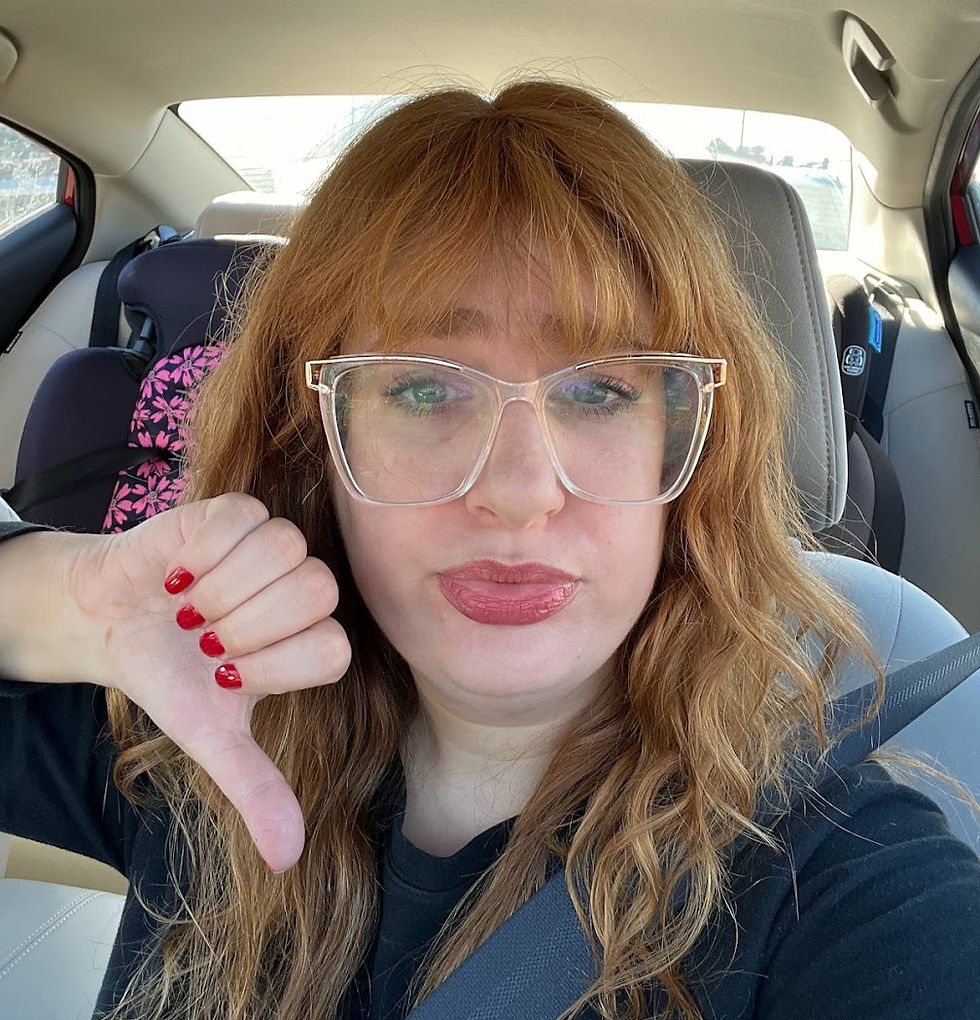The Weight of Being Human: When we Mess Up
- Rivkah Muller
- Feb 26, 2025
- 2 min read

I recently had a moment in session that made me pause. I said something completely off base, something I don’t even believe, let alone have ever said out loud. My client let me know I was wrong (which I had already realized thankfully), and I immediately apologized. We moved on. Later in the session, I circled back and apologized again, wanting to be sure I took responsibility.
And yet, hours later, the moment still lingered in my mind.
I kept replaying it, feeling the embarrassment settle deep in my chest. I knew it wasn’t a reflection of my character, but rather a simple human blunder. Even so, I felt the weight of it- an uncomfortable mix of guilt and shame that I couldn’t seem to shake.
As a therapist, I encourage my clients to embrace their humanness, to recognize that making mistakes doesn’t equal being unworthy. And yet, when faced with my own imperfection, I found myself struggling to extend that same compassion to myself.
The Difference Between Guilt and Shame
Brené Brown, renowned researcher on vulnerability and shame, makes an important distinction: Guilt is the feeling that “I did something bad.” Shame, on the other hand, is the feeling that “I am bad.” Guilt can be constructive, it can prompt us to make amends, to learn, and to grow. Shame, however, is corrosive. It tells us that our mistakes define us, that we are unworthy, unfit, or not enough.
In that moment of self-reflection, I realized I was teetering between guilt and shame. I had made a mistake- yes. But did that make me a bad therapist? A bad person? Of course not. The truth is, as therapists, we are not immune to missteps. We are not the all wise, perfect life guides some might imagine us to be. We are human first, professionals second.
Embracing the Imperfection of the Work
Therapy is built on trust and authenticity. If I expect my clients to embrace self-compassion, I must be willing to model it. Owning my mistake, apologizing, and striving to do better is the work. The rupture, and the repair, can even strengthen the therapeutic relationship. Research suggests that when a person acknowledges and takes responsibility for a mistake, people often feel more connected and understood.
This experience reminded me that perfection is not the goal, connection is. If I carry shame for being human, I cannot fully show up for my clients. If I cannot forgive myself for a misstep, how can I authentically encourage my clients to do the same in their own lives?
So, to my fellow therapists and to anyone who has ever agonized over a mistake- Let’s practice what we preach. Let’s own our humanity. Let’s recognize that growth comes not from avoiding mistakes, but from what we choose to do after we make them. And most importantly, let’s be as kind to ourselves as we are to others.
We’re all human. We all have the capacity for mistakes, and for repair.






Comments